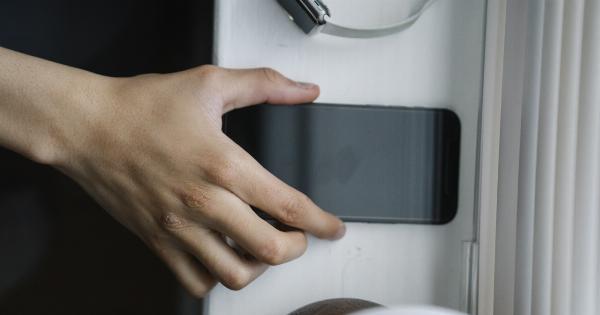Digestive cancer is a type of cancer that affects the digestive system, which includes the esophagus, stomach, pancreas, liver, intestines, and anus. Early detection is crucial in preventing the spread of digestive cancer.
But who should get checked early?.
Family History and Genetics
If you have a family history of digestive cancer, you should consider getting checked early. Certain genetic mutations, such as Lynch syndrome and familial adenomatous polyposis (FAP), can increase the risk of developing digestive cancer.
If you have a family history of digestive cancer, you should let your doctor know. Your doctor may recommend certain tests, such as endoscopy, to screen for digestive cancer.
Endoscopy is a procedure in which a small, flexible tube with a camera is inserted into the digestive tract to look for signs of cancer.
Age
As you get older, your risk of developing digestive cancer increases. The American Cancer Society recommends that people start getting screened for colorectal cancer, a type of digestive cancer, at age 45.
However, if you have a family history of colorectal cancer or other digestive cancers, your doctor may recommend starting screening earlier.
Smoking and Alcohol Use
Smoking and heavy alcohol use can increase your risk of developing digestive cancer. If you smoke or drink heavily, you should talk to your doctor about how to quit and lower your risk of cancer.
Diet and Exercise
Your diet and exercise habits can also play a role in your risk of developing digestive cancer. Eating a diet high in red and processed meats and low in fruits and vegetables can increase your risk of colorectal cancer.
Lack of exercise can also increase your risk of colorectal cancer.
If you are at risk of digestive cancer, you should talk to your doctor about ways to lower your risk. Your doctor may recommend changes to your diet and exercise habits, as well as screenings and other tests to monitor your health.
Symptoms to Watch for
Symptoms of digestive cancer can vary depending on the type of cancer. However, some common symptoms to watch for include:.
- Unexplained weight loss
- Bloating and abdominal pain
- Difficulty swallowing
- Nausea and vomiting
- Changes in bowel habits
- Blood in stool or vomit
If you experience any of these symptoms, you should talk to your doctor. Keep in mind that these symptoms can also be caused by other conditions, so it is important to get a proper diagnosis.
Conclusion
Preventing digestive cancer starts with early detection and regular screening. If you are at risk of digestive cancer due to family history, age, or lifestyle factors such as smoking or diet, talk to your doctor about getting checked early.
Watch for symptoms and seek medical attention if you experience any concerning signs. With proper screening and medical care, many cases of digestive cancer can be detected and treated early.




























